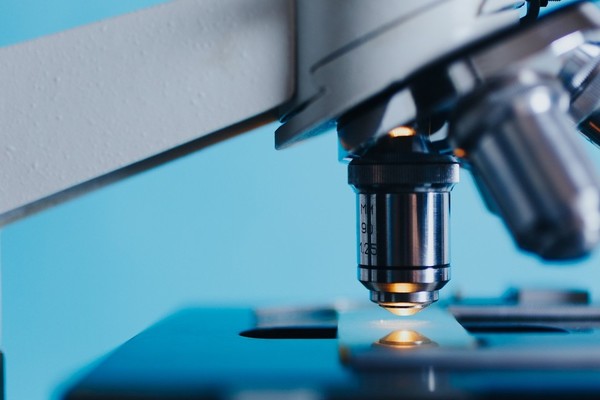The global companion diagnostics (CDx) market is expanding fast, but Korea has yet to develop related technologies, industry officials said.
To develop new anticancer drugs more effectively, they said Korean companies should pay more attention to CDx technology.
A CDx is a diagnostic test to pre-screen whether a targeted therapy would work in a specific patient, examining the patient’s genes, protein expression, and gene mutation levels. The test system required for a CDx is called In Vitro Companion Diagnostics Devices (IVD-CDx).

CDx is used for selecting a certain patient group for which the effectiveness of a specific drug has been confirmed, optimizing drug usage or dose, or deciding whether to discontinue the medication.
Pharmaceutical companies have recently started to develop a new targeted therapy simultaneously with IVD-CDx and diagnostic agent to get approval altogether.
Industry watchers said that the global CDx market is expected to record a double-digit growth rate over the next several years.
According to reports by the National Institute of Medical Device Safety Information and the Korea Innovation Foundation, the global CDx market is expected to grow at a 26.49 percent rate annually from $2.56 billion in 2019 to $8.34 billion in 2024.
The CDx industry is divided into assays/kits/agents, software, and services according to product and service types.
The assays/kits/agents market is expected to grow 11.4 percent annually from $3.27 billion in 2020 to $5.62 billion in 2025, the reports said.
The software and services market is likely to grow 22 percent annually from $450 million in 2020 to $1.21 billion in 2025.
By disease type, the CDx market can also be divided into cancer, infectious disease, cardiovascular disease, neurological disease, and others. Cancer dominates the vast majority of the CDx industry.
The CDx market for cancer is expected to grow 13.2 percent annually, from $3.37 billion in 2020 to $6.13 billion in 2025.
In Korea, however, the CDx sector is still in its infancy. Forty-five CDx products have obtained FDA approval, but they do not include any Korean product.
Idience, a subsidiary of Ildong Pharmaceutical, teamed up with precision medicine diagnostic company NGeneBio in 2019 to develop a poly ADP-ribose polymerase (PARP) inhibitor, IDX-1197.
In October 2018, Idience won the regulatory approval for phase 1b/2a trials of IDX-1197. The company is conducting trials at 17 institutions.
In December last year, Idience obtained the FDA nod for phase 1a of IDX-1197 to treat gastric cancer. In June, the company released the results of the Phase 1a study at the meeting of the American Society of Clinical Oncology (ASCO).
“As more people have become interested in precision medicine worldwide, CDx for customized treatment is also drawing attention. But in Korea, CDx is not used actively yet,” an industry official said. “We need people’s interest and discussions to introduce related technologies actively.”
CDx can help pre-select a patient’s drug response before prescribing an anticancer drug, raising the drug’s efficacy and reducing side effects, the official explained.
“In oncology, where the optimal treatment is important to maximize a patient’s prognosis, researchers are aggressively developing CDx for targeted therapies and immunotherapy,” he added.

